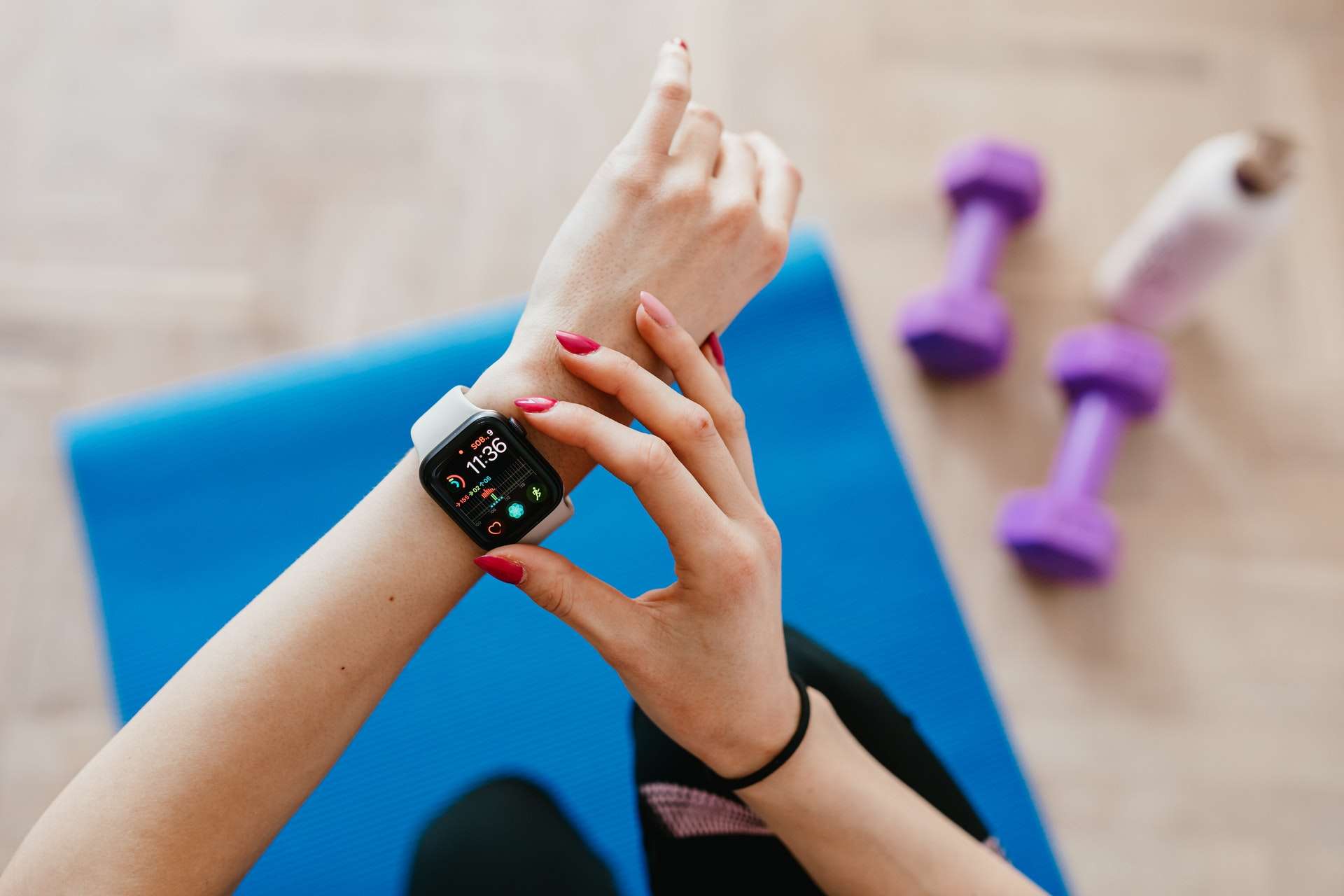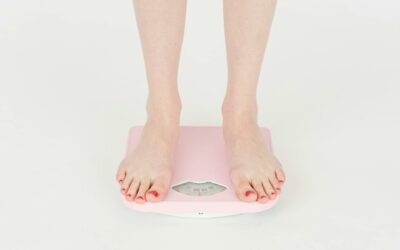Fitbit, Garmin, Apple Watch — are activity trackers and wearable devices accurate? Do they actually affect behavior change and promote weight loss? Composition ID’s scientific contributor, Heather Huntsman, Ph.D., CSCS, weighs in on the benefits and shortfalls these devices, and whether they can truly help you achieve your goals.
Wearable Devices: Does Popular Mean Promise?
Excluding the popular and very cool calculator watch of the 1980s, wearable devices that we so now easily strap onto our wrists have been around for about 15 years. That is long enough for the early adopters to have plenty of options to choose from, and for the late adopters to believe the technology is reliable enough to make the investment-but is it? Do these devices that are becoming so ubiquitous measure what they say they do? What is the accuracy of those measurements, and will wearables help you become healthier, fitter, and hold true to the other promises they make?
First, it is important to understand that the fitness industry is no different than any other tech-driven industry when it comes to trying to stay ahead of the game. Wearables alone is a multibillion-dollar industry, and it is expected to double over the next five years1. Knowing this will help you view these devices and their promises under the right lens. Does the technology measure what it says it measures? Yes, in most cases, the underlying math and science is probably grounded in solid data. But, do they overstate and overpromise the benefits that these devices can deliver? The answer to this question is also, unfortunately, yes.
So, what do they do well? When it comes to heart rate, number of steps, distance traveled, and sleep duration most devices provide fairly accurate information2. On the other hand, when it comes to calories consumed and calories burned, these data are much more variable and are still inadequate2,3. It depends on the device, but this issue seems to be a concern across all devices, with teams of physiologists and engineers constantly working to improve the prediction equations used to calculate these numbers3. The problem is, these measurements are much more complex and for that reason are harder to predict. Variables such as weather, body position, and the amount of focus used for different activities affects the number of calories you burn. In general, wearables will over-estimate the number of calories burned for basic, low intensity activities, and under-estimate the totals for high-intensity activities3.
Short-term vs. Long-term Benefits
Another interesting question centers around the idea of benefit. If you use a wearable device will you move more, eat less, and more precisely reach your health and fitness goals? The information wearables provide may not always be the most accurate, but it is still feedback that has the potential for making you more mindful of your own behavior. The simple answer to this is “yes,” in the short-term, these devices make you more mindful of your health behaviors4. This is especially true when information is put in context of general health standards or when being compared to others. It has the power to drive change. Then, assuming you can translate those short-term changes into long-term habits, you are on your way to achieving your goals.
But where does research stand on how these devices help you achieve your goals? Obviously, this is a hard question to answer because there are just as many goals out there as there are number of people wearing these devices (which in 2017 was in the hundreds of millions)1. That said, the long-term studies attempting to answer this question show that wearables are no better than other targeted strategies designed to help with weight loss or fitness goals5. Now, that doesn’t mean that there is no value or benefit to using these devices, but it does highlight that fact that there are other tools out there to help you achieve your goals. The exciting thing about that is you don’t necessarily need a $500 watch to get healthier or compete at a higher level. But, if you decide to go that route, be aware of their strengths and limitations, and set goals that are measurable in both short and long intervals, so you can consistently gauge your progress. Wearables are not magical devices that make you healthier just by owning them, but they can help you be more mindful and realistic in your goal-setting when used properly.
References:
- Shin G, Jarrahi MH, Fei Y, Et al. (2019) Wearable activity trackers, accuracy, adoption, acceptance and health impact: a systematic literature review. Journal of Biomedical Informatics 93:103153.
- Xie J, Wen D, Liang L, et al. (2018) Evaluating the validity of current mainstream wearable devices in fitness tracking under various physical activities: comparative study. JMIR Mhealth Uhealth 6(4):e94.
- O’Driscoll R, Turicchi J, Beaulieu K, Et al. (2018) How well do activity monitors estimate energy expenditure? A systemic review and meta-analysis of the validity of current technologies. British Journal of Sports Medicine 0:1-11.
- Stiglbauer B, Weber S, Batinic B (2019) Does your health really benefit from using a self-tracking device? Evidence from a longitudinal randomized control trial. Computers in Human Behavior 94:131-139.
- Jakicic JM, Davis KK, Rogers RJ, et al. (2016) Effect of wearable technology combined with a lifestyle intervention on long-term weight loss. Journal of the American Medical Association 316(11):1161-1171.



